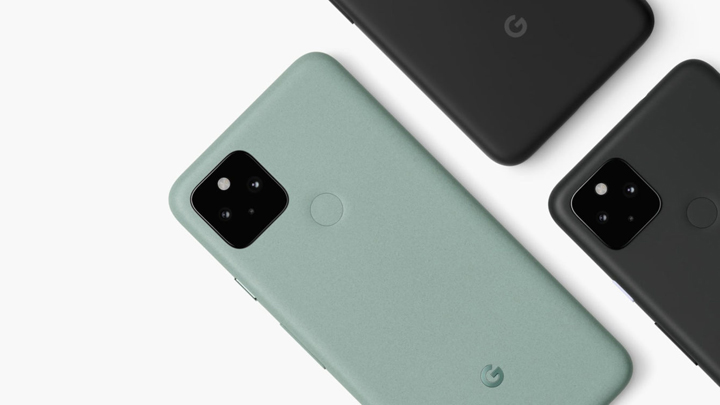With the launch of Pixel 5, Google is taking a step back from competing in the $1,000 flagship market that is pretty much dominated by Apple and Samsung
Google has made a name for itself when it comes to smartphone operating systems, but when it comes to mating Android to hardware, the story has not been so rosy. After the rather lukewarm response received by the Pixel 4, the company turned over a new leaf and started concentrating more on their budget offerings, which boast a great software experience rather than the hardware.
This year around, Google has once again stuck with the philosophy that shaped the Pixel 3a and the Pixel 4a and taken it one step further. In a recent event, the company unveiled its latest offerings, the Pixel 5 and the Pixel 4a 5G, which made headlines for their unique features, price points and hardware choices.
The Pixel series is Google’s baby when it comes to smartphones; understandably then it is up against heavyweights in the industry like Apple and Samsung, both of which are pushing the boundaries of their flagship phones. However, when one looks at Pixel 5 it is not difficult to understand that Google is aiming to redefine the concept of a flagship.
The Pixel 5, priced at $699 (around Rs 51,400) is unique in the flagship market. It does not boast crazy high numbers when one looks at the spec sheets and even shies away from putting too many colours on the shelves for buyers, Just Black and Sorta Sage.
The phone will ship with a Snapdragon 765G chip, which is often used in phones that fall in the premium budget category, 128GB storage with 8GB ram, 12.2 +16 MP cameras dual-camera setup, and a 4080 mAh battery. The phone even lets go of the widely criticised Soli radar which allows the new phone to let go of the notch in place for a hole-punch camera.
Looking at the specs, one can argue that Google has accepted defeat and is bowing out of the race to make the fanciest flagship phones boasting a long list of features. On the other hand, however, the move makes perfect sense.
In a market where flagship phones cost upwards of $1,000 with features that most users do not need or use in their day-to-day life, it makes perfect sense to develop and sell a smartphone that relies more on the relationship between the hardware and software to provide the best user experience rather than on the crazy high spec sheet.
In 2020 alone, we have seen the launch of smartphones that are focused on the more price-conscious consumer, the iPhone SE, OnePlus Nord, Samsung S20 FE, to name a few, targeting an audience that does want to shell out $1,000 on a smartphone but wants a wholesome device that can get through daily usage without any hiccups. For such users, the Google Pixel 5 is another option to choose from and if the present trend continues we could more such pocket-friendly devices go on sale.
There have not been any formal announcements regarding the release of the Pixel 5 in India; if rumours are to be believed it is expected to hit the markets in December 2020. At the moment, the phone will only be shipping in countries with 5G connectivity. The Pixel 4a 5G also follows in the footsteps of the Pixel 5 and is basically a 5G capable variant of the popular 4a.





